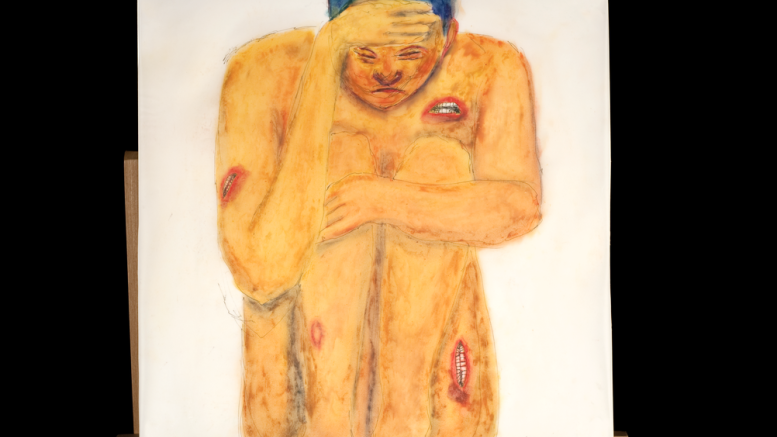A new obsessive compulsive disorder (OCD) peer support group for adults, called Winnipeg OCD, will begin operation in early October.
Lisa Walter, creator of Winnipeg OCD and a peer support group facilitator, noted in a press release that with September being Suicide Awareness Month, she hopes the group will create a sense of community for those who may feel isolated by their symptoms.
Walter, who herself dealt with intense symptoms of OCD for five years, learned the importance of treatment through her time at the McLean Hospital in Boston.
“Now that I’ve learned these skills and I’ve done a lot of peer support with people over the years, here I am in Winnipeg, and there’s a drought of services,” said Walter.
When creating the group, Walter noticed the need for comprehensive OCD treatment services in Winnipeg, but these services come at a steep cost. A clinic out of St. Boniface offers services, but it can be inaccessible for many due to long waiting lists, a common problem in Canada.
“As someone who really suffered with it, it really struck me just how few services there are,” said Walter.
Diane Davey, member of the International OCD Foundation and program director of the McLean Hospital OCD Institute where Walter underwent treatment, praised Walter for her initiative.
Davey was quoted in Winnipeg OCD’s press release saying that “Lisa brings a lot of insight and compassion to the OCD community and I’m excited to see her putting this to work for Winnipeg.”
Walter hopes that this group will be a starting point for group members when it comes to taking control over their own lives, and that people will learn how to “become their own therapist” if that’s what someone finds easiest while starting out.
This program would involve working in collaboration with others who are experiencing OCD symptoms. Walter noted that Winnipeg OCD will not replace the work of therapy, but will complement it though self-help and a supportive environment.
One of the most powerful reasons for putting this group together, said Walter, is “so that people don’t [think] they’re alone.”
After members form the group, they will decide how it will function themselves. Walter said that she does not want the structure to be her simply lecturing in front of participants. Instead, she hopes for a community of individual and collaborative growth. Through this structure, participants will choose topics of discussion, where everyone can bring their input and follow up by learning new coping skills.
Walter also explained the possibility of helping participants find self-help books they feel comfortable with. Participants would then come to the group and explain what worked and what didn’t, so that fellow members can help find possible solutions.
The intention of the group is to be a relaxed environment, a place where people can open up about their struggles and make room for the issues that can arise when discussing OCD.
Through connecting with others facing a similar battle, Walter thinks particpants will see their strengths as she did through treatment.
“Mental health diagnoses are all organized around deficits. I believe in seeing what people bring to the table,” said Walter.
Walter noted that large changes such as starting university can bring additional stressors to one’s life.
“The important thing is to address it before it takes over your life,” said Walter.
The group plans to begin meeting Oct. 5 and will meet bi-weekly, and there is no cost to participate. For those who wish to attend the group, please provide your name and contact information to Lisa prior to the first meeting.
For students interested in joining Winnipeg OCD, Lisa can be contacted via Instagram @winnipeg_OCD, Facebook page Winnipeg OCD or email at [email protected].
27/09/2023: The article has been updated to reflect changes in terminology regarding the structure of Winnipeg OCD. The group was previously reported to be a ‘treatment’ but is a peer support program and does not have a staff, Walter runs it as a volunteer.



